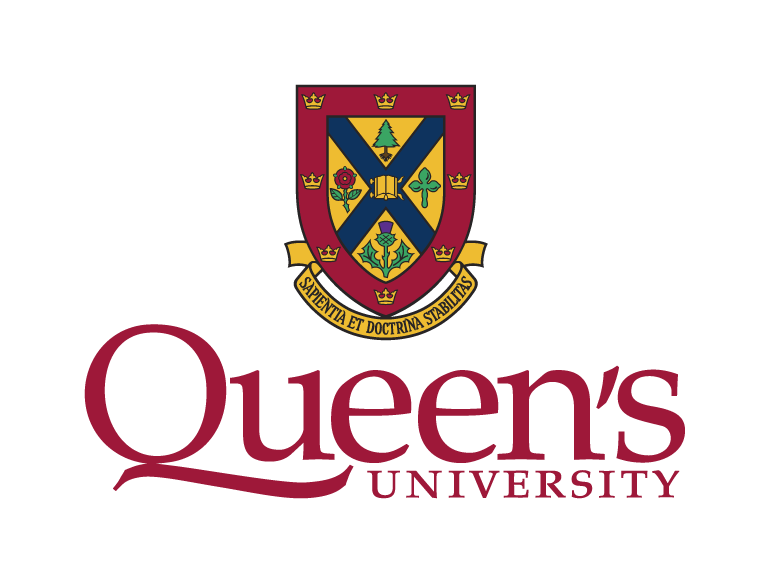Global Indigenous Histories
Description
This course will survey various case studies that explore the causes, conflicts, and consequences that have occurred wherever Indigenous communities have encountered colonizing invaders. Significant areas of inquiry will explore the growth and evolution of ideas of Indigeneity and Indigenous history, both in society and historiographically; how these concepts have changed overtime; the legacies and ongoing impacts of colonialism in Canada and around the world; and how and why the concept of global Indigenous history might be productive or problematic.
Today, Indigenous experiences, issues, and assertions comprise one of the globe’s most intractable, pained, and politicized conversations. Around the world, Indigenous communities – individually and collectively – press for rights to land, water, resources, political sovereignty, treaty rights, government recognition, and various forms of autonomy. The Indigenous present bears witness to long histories of colonialism and post-colonialism, typically associated with, but not limited to the Age of European Exploration or Invasion, which occurred from the fifteenth to nineteenth centuries. However, this present also illustrates that colonization flowed from multiple directions, not only from Europe west across the Atlantic, and that Indigenous communities across the globe experienced, and in many cases, continue to experience invasion, exploitation, and dispossession.
This course will seek to draw together examples of historical and modern Indigenous experiences, movements, and ongoing struggles, using relevant case studies and new methodological approaches to the subject. By considering multiple geographic contexts, including the Roman invasion of Gaul, Canada, and Taiwan, and different, but frequently overlapping themes and dimensions of Indigenous history in a global context, this course will ask students to grapple with questions and definitions of Indigeneity, the concept and legacies of colonization, ongoing decolonization and reconciliation efforts, and how we, as historians, can approach, understand, and further explore these questions, legacies, and movements.
Note: Check with the institution regarding start/end dates, prices, and delivery method. These may vary according to program, section, and/or semester.
Related Programs
Overview

- Institution: Queen's University
- Level: University
- Language: English
- Course Code: HIST207
- Delivery Method: Fully Online/Distance
Check with the institution regarding start/end dates, prices, and delivery method. These may vary according to program, section, and/or semester.
